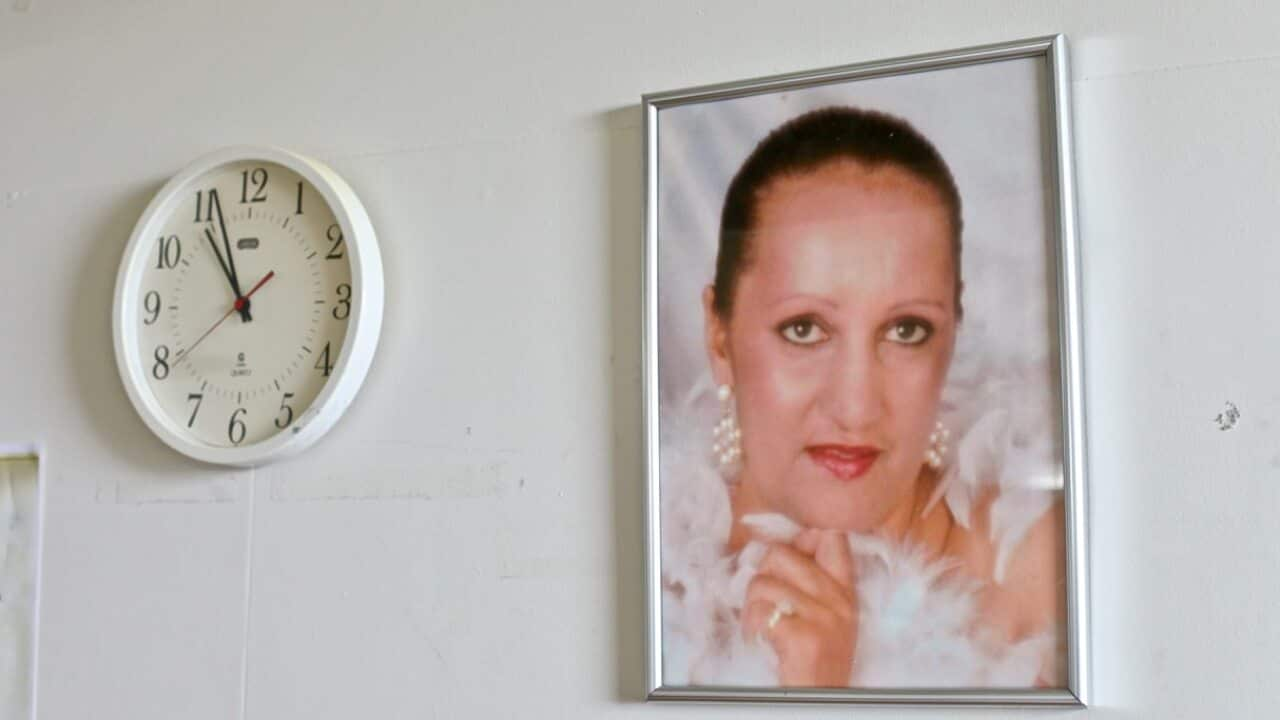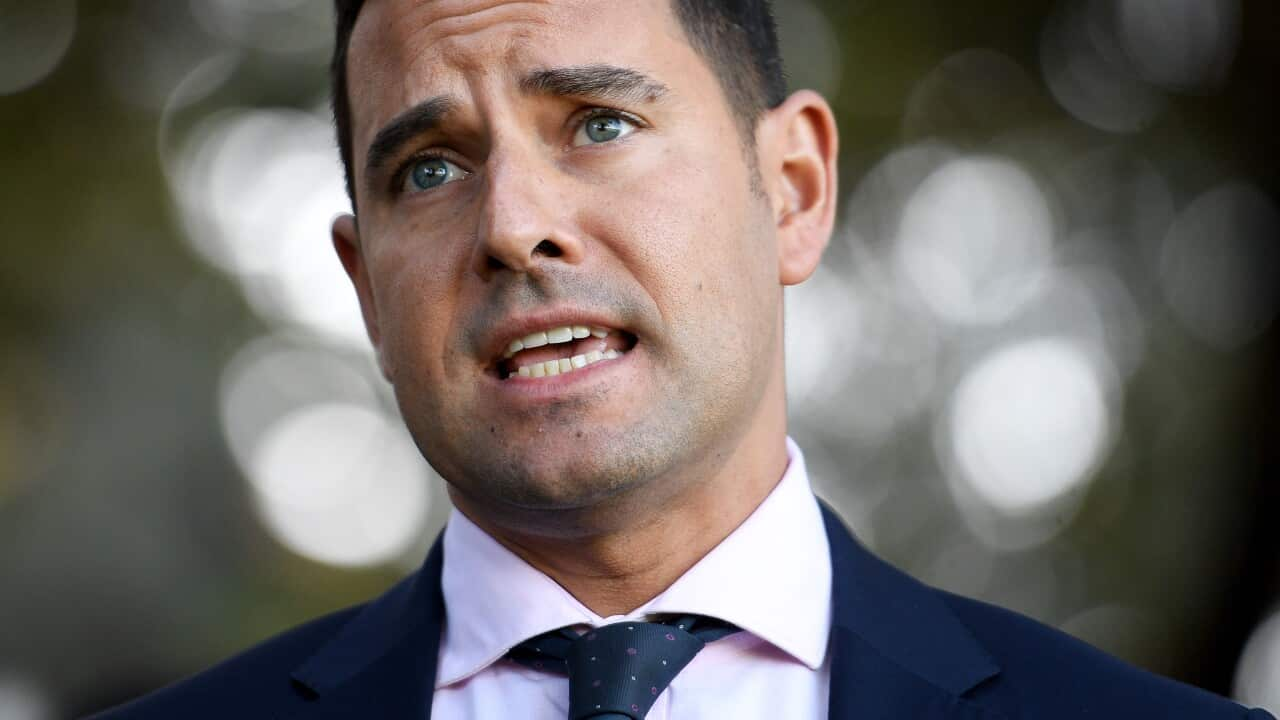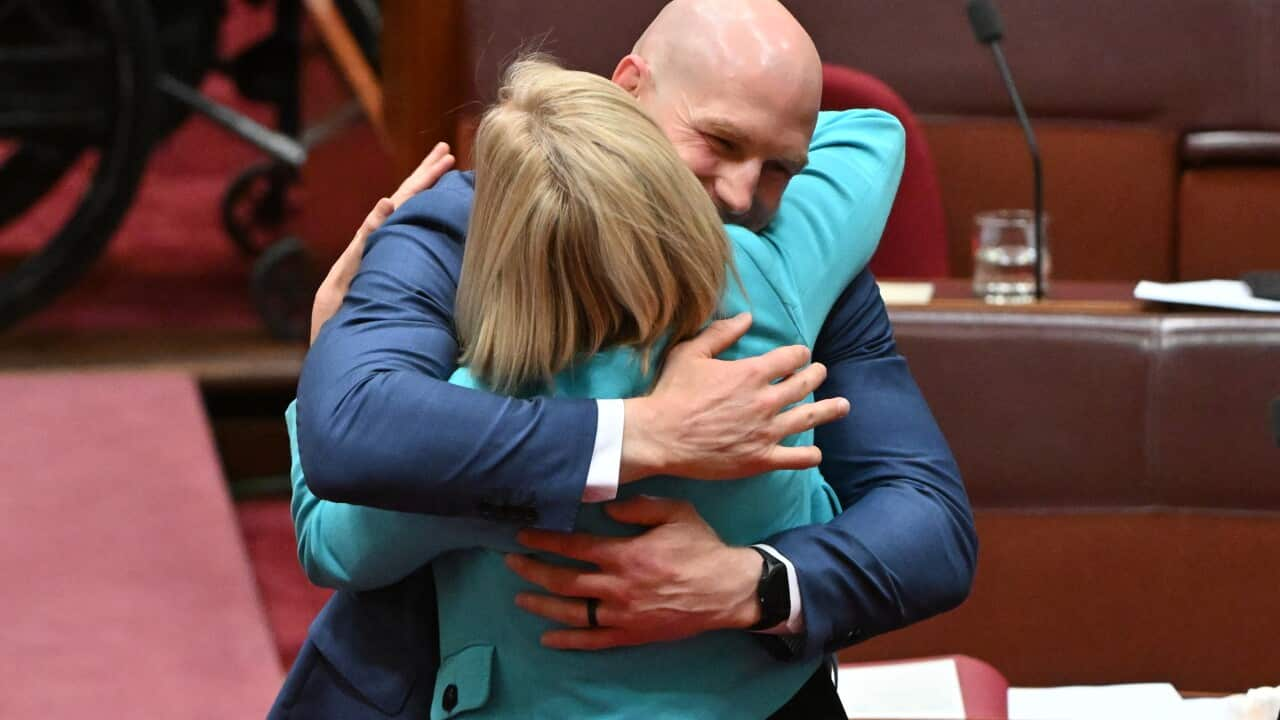Key Points
- An Adelaide newspaper has shared the story of a 23-year-old woman's decision to have a medically assisted death.
- Lily Thai was reportedly looking forward to being free from the suffering she had endured due to terminal illness.
- South Australia’s assisted dying laws have been in place since 31 January.
A 23-year-old Australian woman who has spent years of her life in ‘excruciating pain’ reportedly planned to die on Wednesday using voluntary assisted dying (VAD) laws.
According to the Adelaide Advertiser, Lily Thai planned to use South Australia’s assisted dying laws, which came into being this year, to end her life.
The young woman said she was looking forward to being free from the suffering she has endured due to terminal illness.
Ms Thai told the newspaper she felt “numb.”
“I know how hard it will be for my family and friends,” she said.
“It’s now my time to choose what is right for me. I’ve been given a choice, and that is to die peacefully."
As well as having Ehlers-Danlos Syndrome, a disorder caused by genetic changes that affect connective tissue, Ms Thai is understood to have autoimmune autonomic ganglionopathy, a condition in which the body’s immune system attacks the autonomic nervous system.
The Advertiser reported that she’d lost her ability to walk, use her bowels, eat and drink without becoming sick and spent much of the past six years since the age of 17, in hospital.
“It’s gotten to the place that I’ve lost control of everything else in my life, and I’ve been reliant on my dad as a caregiver to do everything for me, even the most intimate things,” she said.
What is voluntary assisted dying?
As the name suggests, voluntary assisted dying is a process in which an individual chooses to end their life before their death may naturally occur.
It's assisted in the sense that the person would already be suffering from a condition likely to cause their death but medication is used to bring death about sooner.
If a person is approved to undergo VAD, they can usually voluntarily self-administer medication that will cause death. In some cases, the medication can be administered by a medical practitioner.
South Australia’s assisted dying laws have been in place since 31 January and similar laws have been introduced in all Australian states. This is how they work.
South Australia
Ms Thai would have had to bring up the idea of voluntary assisted dying herself with a medical practitioner as under South Australian law, health professionals can only speak about the process if a patient raises it with them.
An application is required in order for a person to legally undergo assisted dying in Australia and those applying must be 18 years or older.
A terminal diagnosis and a life expectancy of less than six months, or 12 months for a person with a neurodegenerative disease, must be confirmed for a patient to access the procedure in South Australia.
As with other states, South Australia provides for both self-administration and practitioner administration of the medication used to bring on death.
Victoria
In 2019, Victoria became the first Australian state to implement voluntary assisted dying laws.
A being in place found despite the trauma of watching their loved one die, family and friends of those who used the process largely had positive reflections on the experience.
Western Australia
Each state has safeguards within their VAD procedures to try to ensure those choosing to end their life have not been coerced, have properly considered the matter and are of sound mind to make such a decision.
Under Western Australia’s laws, which came into effect in July 2021, a patient must make three requests for assisted death, including once in writing, and have their eligibility assessed by two medical practitioners.
As WA was one of the first states to bring in its VAD legislation, it made it a that anyone who applied to undertake the process must have lived in the state for 12 months.
Queensland
Voluntary assisted dying has been allowed in Queensland since the start of 2023.
As with other states, Queensland has made it a prerequisite that those who undertake VAD must be suffering from a disease, illness or medical condition.
People suffering from a disease, illness or medical condition that is advanced, progressive and terminal, and have less than one year to live, can make an application.
This , where certain conditions must be likely to cause death within 6 months for them to be eligible to apply for medically assisted dying.
NSW
NSW last year became the last state in Australia to pass laws allowing people with a terminal illness to voluntarily choose to end their own life.
The new laws are expected to come into effect from 28 November 2023.
The ACT and Northern Territory
While voluntary euthanasia, as it was called, was allowed in the Northern Territory for a short window of time in 1995, a federal bill was quickly introduced to overrode the territories' right to legislate on the matter.
The law had banned Australian territories from legislating on assisted dying but the ban was lifted in late 2022.
While the ACT has plans to work towards legislating VAD, the NT has not yet made any firm commitments on the issue.
Tasmania
Decisions made by medical practitioners during the VAD process are overseen by different bodies in different states.
In Tasmania decisions made by medical practitioners around whether the person does, or does not have decision-making capacity; and
whether the person is, or is not, acting voluntarily can be reviewed by the Voluntary Assisted Dying Commission.
Research, not flowers, in honour of Lily Thai
It's understood Ms Thai has been involved in planning some aspects of her funeral and that she requested donations for palliative research to The Hospital Research Foundation in lieu of people sending flowers.
While a spokesperson for SA Health said it would not comment on specific cases, it a spokesperson told SBS News "safe, accessible and compassionate voluntary assisted dying gives eligible South Australians with a terminal illness choice at the end of life."
The spokesperson stressed that anyone who takes part in the voluntary assisted dying pathway can withdraw at any stage of the process.
In the first three months of laws being in place in SA, 28 South Australians received a permit for assisted dying and of those, 12 people died, including one who passed away without using the VAD medication.
They were aged from in their 40s to their 90s, seven of them had terminal cancer, and five had degenerative neurological conditions.
Readers seeking support and information about suicide can contact 24 hours a day online and on 13 11 14. Other services include the on 1300 659 467, and (for people aged five to 25) on 1800 55 1800.














